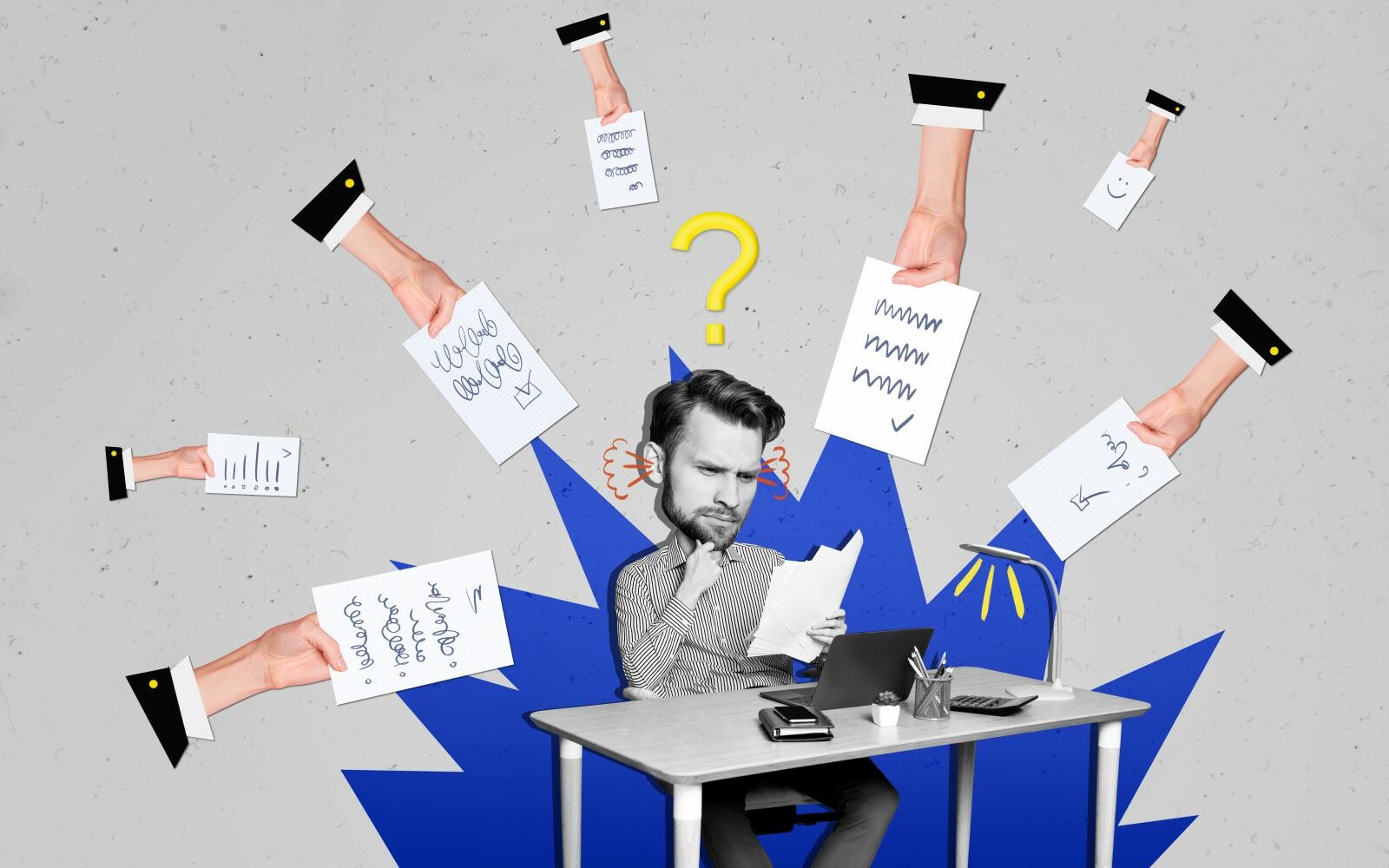To my fellow Pride and Prejudice fans, and everyone else who should be, do you recall the scene where the rarely subtle Mrs. Bennet winks at her daughters in an attempt to signal them to leave the room? Instead of taking the hint, her daughter Kitty innocently asked, “What is the matter mamma? What do you keep winking at me for? What am I to do?”. This hilarious interaction has me wondering. In a meeting, when we pop our eyes out and stare at someone to get their attention, can they detect that we’re looking at them and know to make eye contact with us?
Parapsychology and the remote detection of staring
Richard Wiseman went from being a magician studying sleight of hand, to PhD student studying the psychology of the paranormal. After receiving his PhD in parapsychology, he moved on to the University of Hertfordshire where he conducted all kinds of fascinating studies on how real the paranormal actually is or isn’t.
We have to thank Dr. Wiseman and Dr. Marilyn Schlitz for taking the time to do a study on the remote detection of staring. Their goal was to test if someone could feel or sense when a person behind them was staring at them. The way they conducted their experiment was by putting people in a lab with a video camera in front of them. The experimenter would then stare at the participants at random times and see if the stare was detected.

The results tell us a lot about the bias that exists in even the most controlled scientific studies. Schiltz, being a big believer in the paranormal, reported that staring had a significant effect on the participants. Wiseman, a skeptic of the paranormal, did not get any results. In order to come to a more accurate conclusion, they followed this with a much larger study. In that study the results were negative and the idea that someone could detect a stare was sadly discredited.
In short, the answer is “no”. When we make all kinds of funny faces to try to get someone’s attention, we may be entertaining other meeting participants, but we’re not creating a sensation that can be “felt”. The good news is that if enough people notice us making faces, they may be able to help get our colleagues’ attention, though with about as much subtlety as Kitty asking about her mother’s winking!
Also Read: Let’s Get to the Real Meaning of Collaboration in Meetings






